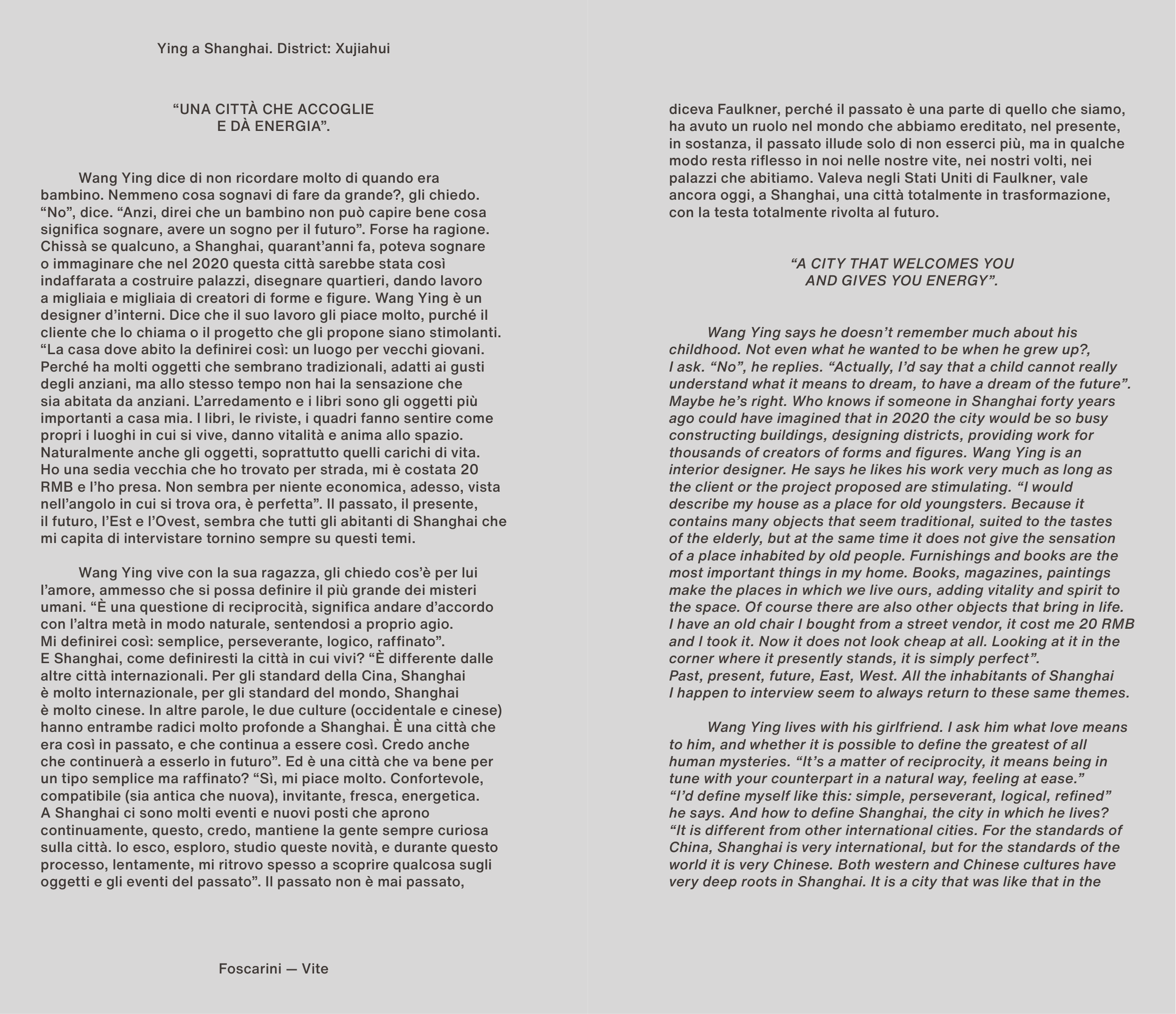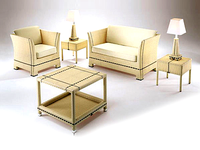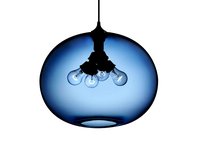“UNA CITTÀ CHE ACCOGLIE
E DÀ ENERGIA”.
Wang Ying dice di non ricordare molto di quando era
bambino. Nemmeno cosa sognavi di fare da grande?, gli chiedo.
“No”, dice. “Anzi, direi che un bambino non può capire bene cosa
significa sognare, avere un sogno per il futuro”. Forse ha ragione.
Chissà se qualcuno, a Shanghai, quarant’anni fa, poteva sognare
o immaginare che nel 2020 questa città sarebbe stata così
indaffarata a costruire palazzi, disegnare quartieri, dando lavoro
a migliaia e migliaia di creatori di forme e figure. Wang Ying è un
designer d’interni. Dice che il suo lavoro gli piace molto, purché il
cliente che lo chiama o il progetto che gli propone siano stimolanti.
“La casa dove abito la definirei così: un luogo per vecchi giovani.
Perché ha molti oggetti che sembrano tradizionali, adatti ai gusti
degli anziani, ma allo stesso tempo non hai la sensazione che
sia abitata da anziani. L’arredamento e i libri sono gli oggetti più
importanti a casa mia. I libri, le riviste, i quadri fanno sentire come
propri i luoghi in cui si vive, danno vitalità e anima allo spazio.
Naturalmente anche gli oggetti, soprattutto quelli carichi di vita.
Ho una sedia vecchia che ho trovato per strada, mi è costata 20
RMB e l’ho presa. Non sembra per niente economica, adesso, vista
nell’angolo in cui si trova ora, è perfetta”. Il passato, il presente,
il futuro, l’Est e l’Ovest, sembra che tutti gli abitanti di Shanghai che
mi capita di intervistare tornino sempre su questi temi.
Wang Ying vive con la sua ragazza, gli chiedo cos’è per lui
l’amore, ammesso che si possa definire il più grande dei misteri
umani. “È una questione di reciprocità, significa andare d’accordo
con l’altra metà in modo naturale, sentendosi a proprio agio.
Mi definirei così: semplice, perseverante, logico, raffinato”.
E Shanghai, come definiresti la città in cui vivi? “È differente dalle
altre città internazionali. Per gli standard della Cina, Shanghai
è molto internazionale, per gli standard del mondo, Shanghai
è molto cinese. In altre parole, le due culture (occidentale e cinese)
hanno entrambe radici molto profonde a Shanghai. È una città che
era così in passato, e che continua a essere così. Credo anche
che continuerà a esserlo in futuro”. Ed è una città che va bene per
un tipo semplice ma raffinato? “Sì, mi piace molto. Confortevole,
compatibile (sia antica che nuova), invitante, fresca, energetica.
A Shanghai ci sono molti eventi e nuovi posti che aprono
continuamente, questo, credo, mantiene la gente sempre curiosa
sulla città. Io esco, esploro, studio queste novità, e durante questo
processo, lentamente, mi ritrovo spesso a scoprire qualcosa sugli
oggetti e gli eventi del passato”. Il passato non è mai passato,
diceva Faulkner, perché il passato è una parte di quello che siamo,
ha avuto un ruolo nel mondo che abbiamo ereditato, nel presente,
in sostanza, il passato illude solo di non esserci più, ma in qualche
modo resta riflesso in noi nelle nostre vite, nei nostri volti, nei
palazzi che abitiamo. Valeva negli Stati Uniti di Faulkner, vale
ancora oggi, a Shanghai, una città totalmente in trasformazione,
con la testa totalmente rivolta al futuro.
“A CITY THAT WELCOMES YOU
AND GIVES YOU ENERGY”.
Wang Ying says he doesn’t remember much about his
childhood. Not even what he wanted to be when he grew up?,
I ask. “No”, he replies. “Actually, I’d say that a child cannot really
understand what it means to dream, to have a dream of the future”.
Maybe he’s right. Who knows if someone in Shanghai forty years
ago could have imagined that in 2020 the city would be so busy
constructing buildings, designing districts, providing work for
thousands of creators of forms and figures. Wang Ying is an
interior designer. He says he likes his work very much as long as
the client or the project proposed are stimulating. “I would
describe my house as a place for old youngsters. Because it
contains many objects that seem traditional, suited to the tastes
of the elderly, but at the same time it does not give the sensation
of a place inhabited by old people. Furnishings and books are the
most important things in my home. Books, magazines, paintings
make the places in which we live ours, adding vitality and spirit to
the space. Of course there are also other objects that bring in life.
I have an old chair I bought from a street vendor, it cost me 20 RMB
and I took it. Now it does not look cheap at all. Looking at it in the
corner where it presently stands, it is simply perfect”.
Past, present, future, East, West. All the inhabitants of Shanghai
I happen to interview seem to always return to these same themes.
Wang Ying lives with his girlfriend. I ask him what love means
to him, and whether it is possible to define the greatest of all
human mysteries. “It’s a matter of reciprocity, it means being in
tune with your counterpart in a natural way, feeling at ease.”
“I’d define myself like this: simple, perseverant, logical, refined”
he says. And how to define Shanghai, the city in which he lives?
“It is different from other international cities. For the standards of
China, Shanghai is very international, but for the standards of the
world it is very Chinese. Both western and Chinese cultures have
very deep roots in Shanghai. It is a city that was like that in the
Foscarini — Vite
Ying a Shanghai. District: Xujiahui







